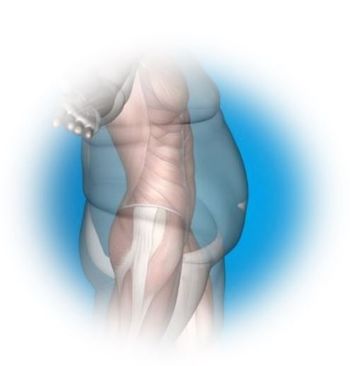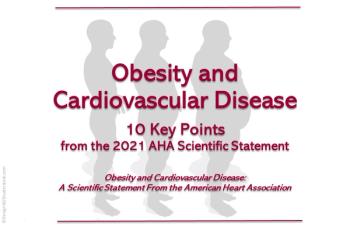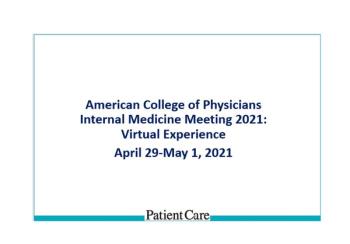
From obesity to pneumococcal disease, we have picked the top 6 FDA-approved drugs every primary care physician should know about from the second quarter.

Overweight, Obesity Overlooked in Secondary CHD Prevention, Study Finds

From obesity to pneumococcal disease, we have picked the top 6 FDA-approved drugs every primary care physician should know about from the second quarter.

"Primary Viewpoints," a podcast from Patient Care Online, brings you an exclusive interview with obesity specialist, Sandra Christensen, MSN, ARNP.

Diabetes investigator John Buse, MD, PhD, says laser focus on reducing T2D risk factors is equally as important as using the next right drug against the disease.

Dr Buse’s in-depth review of the GRADE study is followed by a discussion of the keen need for more comparative research and the many new questions the results have raised about optimal T2D therapy.

The much anticipated results from the SURPASS 2 clinical trial demonstrated reductions in A1c and body weight with tirzepatide that were significant and superior to those with semaglutide.

STEP program investigator Robert F. Kushner, MD, reviews the "unprecedented" clinical trial results for semaglutide 2.4 mg and speaks specifically to primary care clinicians treating obesity.

Review of more than 300 clinical trials with products purported to facilitate weight loss found wide variability in risk of bias and data sufficiency suggesting caution among patients and physicians.

It is critical for physicians to urge patients with obesity to get vaccinated against COVID-19 as they are one of the highest risk patient populations.

Adults in their 30s and 40s who had high BMI in adolescence were at highest risk for type 2 diabetes and early MI, regardless of adult BMI, after 24 years of follow-up, a new study finds.

A new study found that patients with severe obesity who had even one discussion about bariatric surgery with a clinician were more likely to lose weight but that the discussions are infrequent.

A new study challenges traditional criteria for patient selection for metabolic surgery, demonstrating significant weight loss and disease remission for those with BMI of 30-35.

Semaglutide 2.4 mg is the first drug approved for chronic weight management since 2014 and the first once-weekly GLP-1 receptor agonist to be approved for that purpose.

UK investigators found guideline-recommended post-specialist care deficient, including low levels of nutrition monitoring and widely variable prescription of dietary supplements.

Results of this large study also suggest women with high pericardial fat volume are at greater risk for HF than men, findings that have implications for stratifying prevention and treatment.

Health care providers need to be conscious of the environment they create for patients with obesity or overweight, obesity medicine expert Ethan Lazarus, MD, explains.

New topline data from the global SURPASS-4 trial shows treatment with investigational agent tirzepatide led to superior reductions in A1c and body weight vs insulin glargine.

The links between obesity and cardiovascular disease are many, including direct cause and effect. Click through the 10-slide summary of a new AHA statement for a first look.

ACC.21: High rates of obesity, hypertension, and hyperlipidemia found in Black women in their 20s and 30s are of significant concern, says the author of a study to be presented at the ACC meeting.

ACP 2021: Dr Stephan Moll covers the basics of DOAC duration for VTE, use of anticoagulation in special populations, and perioperative use of DOACs

Research shows that increased risk of chronic disease and mortality begins below a BMI classified as obesity. The earlier we intervene with at-risk patients, the greater the chance for success.

Authors of a new study say their findings suggest bariatric surgery should be considered first-line treatment for the management of obesity in patients with type 2 diabetes.

For frontline clinicians who care daily for patients with obesity and type 2 diabetes, a weight-centric approach to T2D, including antiobesity drugs, could help improve outcomes.

Long time cardiometabolic investigator Harold Bays, MD, talks about obesity, new drugs to treat the disease, and how the words "be inefficient" could change thinking about treatment.

Primary care physicians face unique challenges when managing patients with obesity, but one obesity specialist aims to show clinicians how to meet them, even if it's in small ways.

Citing a study of "The Biggest Loser" participants, obesity expert Dr Silvana Pannain explains why "Eat less, exercise more," often backfires as a sole intervention for persons with obesity.